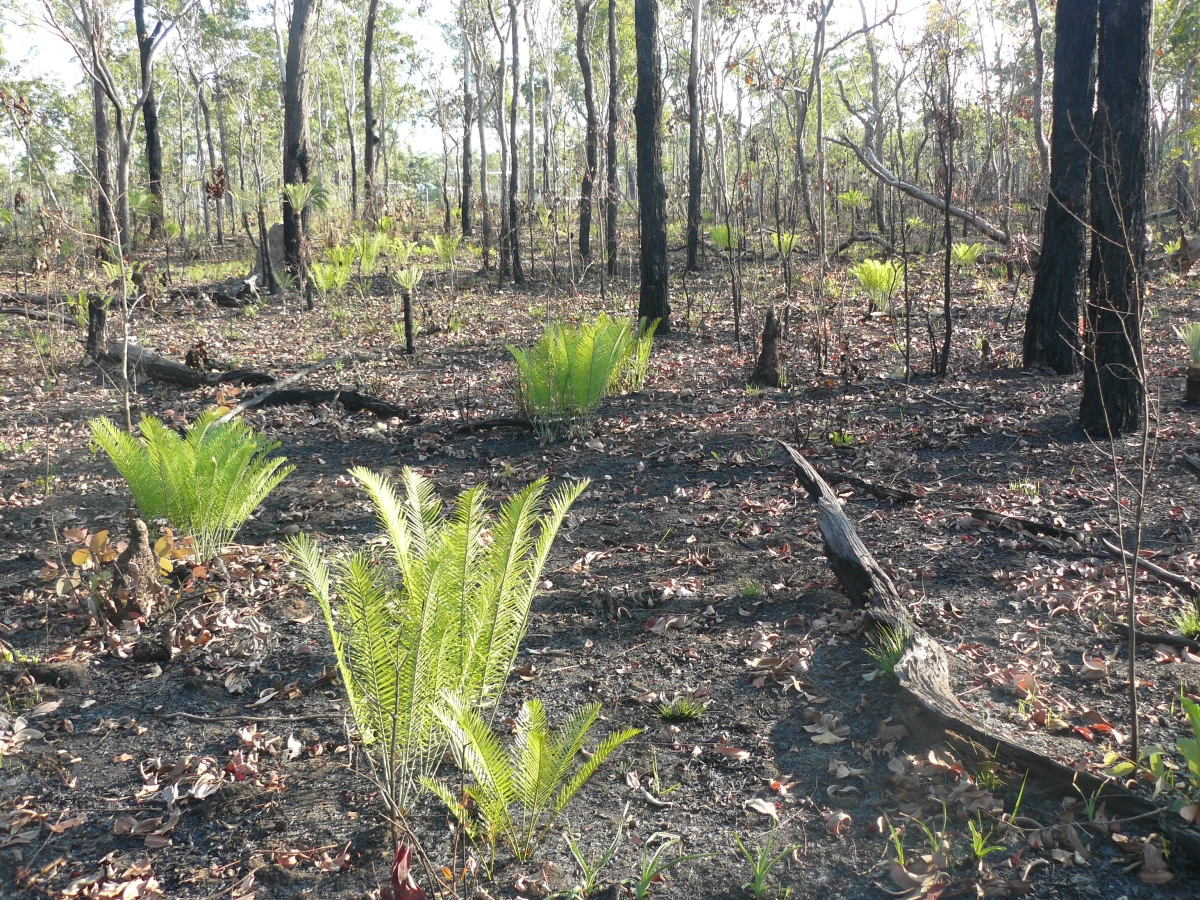 I’m excited to announce the upcoming public lecture by world-renowned sustainability scientist, Professor Andrew Balmford, at Flinders University on 17 July 2018.
I’m excited to announce the upcoming public lecture by world-renowned sustainability scientist, Professor Andrew Balmford, at Flinders University on 17 July 2018.
Andrew is Professor of Conservation Science and a Royal Society Wolfson Research Merit Award holder at the Department of Zoology, University of Cambridge, and is on sabbatical at University of Tasmania until December 2018. His main research interests are exploring how conservation might best be reconciled with land-demanding activities such as farming, quantifying the costs and benefits of effective conservation, and examining what works in conservation. In his book Wild Hope (Chicago University Press), he argues that cautious optimism is essential in tackling environmental challenges. Andrew helped establish the Student Conference on Conservation Science, and Earth Optimism.
 Professor Balmford will be presenting his seminar “How to feed the world without costing the Earth” (hosted by the Ecology & Evolution Research Group) at the Bedford Park Campus of Flinders University in South Lecture Theatre 1, from 12:00-13:00 on 17 July 2018. All are welcome.
Professor Balmford will be presenting his seminar “How to feed the world without costing the Earth” (hosted by the Ecology & Evolution Research Group) at the Bedford Park Campus of Flinders University in South Lecture Theatre 1, from 12:00-13:00 on 17 July 2018. All are welcome.
Abstract: Globally, agriculture is the greatest threat to biodiversity and a major contributor to anthropogenic greenhouse gas emissions. How we choose to deal with rising human food demand will to a large degree determine the state of biodiversity and the wider environment in the 21st century. My talk focuses on two contrasting supply-side approaches to this challenge: land sharing, in which farmland is made as friendly to wildlife as possible, albeit at the cost of lower yields; and land sparing, in which space for nature on unfarmed land is maximised by farming elsewhere at high yields. Developing and then parameterising a simple model of the population-level impacts of these alternative approaches shows that across five continents, many biomes, and almost 2000 species ranging from birds to sedges, a land-sparing approach consistently outperforms land sharing, particularly for species of highest conservation concern. These findings raise further important questions – about other consequences of high- vs lower-yield farming, how to increase yields while lowering environmental externalities, and how to tie yield increases to setting aside land for nature – but they also suggest it might be possible to feed 9 billion people while safeguarding much of wild nature.



[…] week we had the pleasure of welcoming the eminent sustainability scientist, Professor Andrew Balmford of the University of Cambridge, to our humble Ecology and Evolution Seminar Collection right here at Flinders University. Whereas […]
LikeLike
[…] week we had the pleasure of welcoming the eminent sustainability scientist, Professor Andrew Balmford of the University of Cambridge, to our humble Ecology and Evolution Seminar Series here at Flinders University. While we […]
LikeLike
An addendum to my earlier inquiry. I note that my web address is given as jimthegeordie,com at WordPress.com. This is an earlier site offering opinions on a number of topics. My blogging site is reengineeringaustralia.com which is also hosted by WordPress.
LikeLike
Unfortunately, as a retiree living out in the country on the Mornington Peninsula, I will not be able to attend this most interesting lecture. I have a blog on climate change matters, which has been quiet for a while, but is in the course of revival, talking about ways of actually putting things back to what they were before climate change accelerated. I have talked to and read material written by some interesting characters and Professor Balmford certainly seems to be one of these. My obvious question is: will the contents of his talk (and perhaps the discussion afterwards) be made available publicly in any form.
Jim Wright MACS(Snr)
LikeLike
Yes, we will record Andrew’s talk, and provide the link via Twitter & Facebook thereafter. I’ll post it here as well.
LikeLike